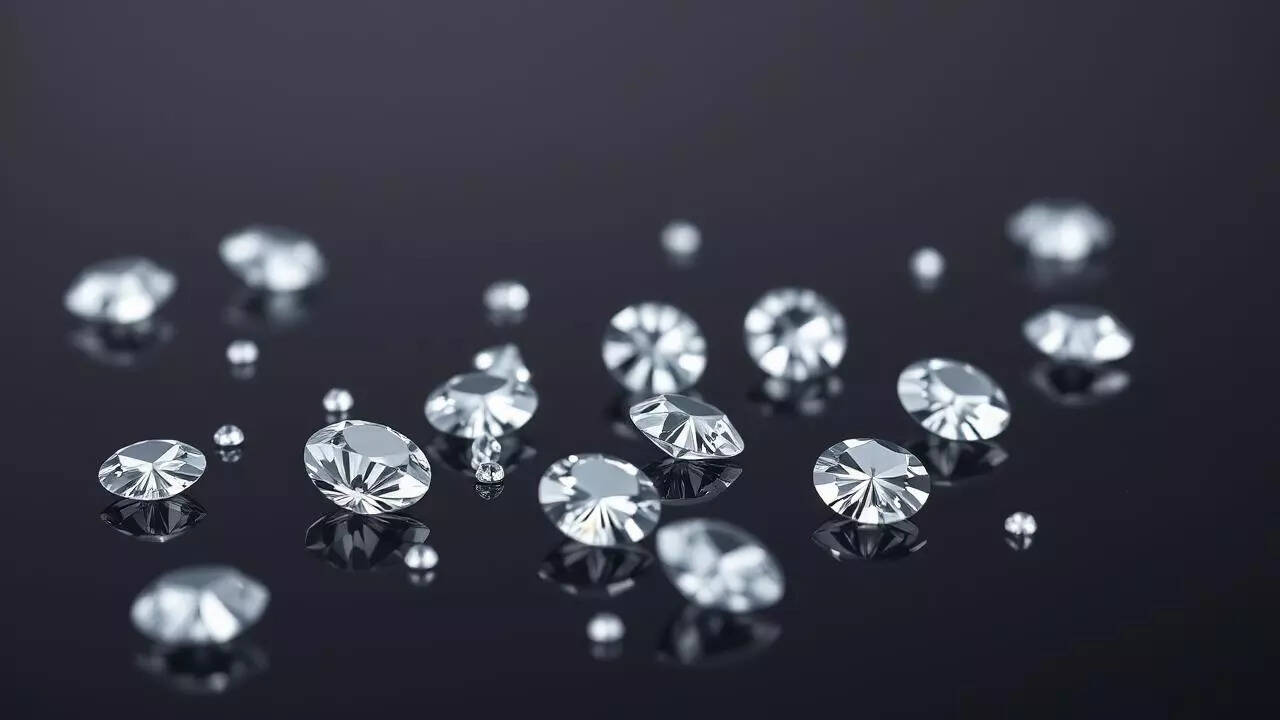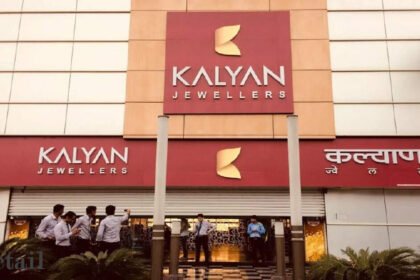
India’s natural diamond polishing industry faces a steep 28-30% fall in revenues to $12.50 billion this fiscal, compared with $16 billion last fiscal, after the imposition of 50% tariffs (25% reciprocal plus 25% penalty) by the US, said Crisil, following its analysis of 43 diamond polishers, accounting for nearly a fourth of the industry’s revenues.
The blow follows a 40% degrowth over the past three fiscals because of a fall in both prices and sales volume of natural diamonds, as demand in the US and China dropped and competition from lab-grown diamonds rose. The 50% tariffs, effective this week, make exports to the US tough for two reasons: first, the industry’s low margins make absorption of the incremental levy very difficult; and second, declining demand means passing on the incremental burden to consumers will not be easy. The consequent reduced operating leverage could erode the operating margin of diamond polishers by 50-100 basis points and pressurize their credit profiles.
The Indian polished diamond industry derives 80% of its revenues from exports, while the US is a key market for India, accounting for as much as 35% of its exports. Sales had begun getting impacted after a 10% tariff was imposed in April 2025. Hence, the share of the US in India’s polished natural diamonds slid 1,100 basis points in the first four months of this fiscal to 24%.
But in a proactive move, diamond polishers cranked up production in July and August to meet anticipated festival demand in the US. Not surprisingly, exports surged 18% in July on-year. Competition from lab-grown diamonds in markets such as the US will continue to dent revenues, with the variety already capturing 60% of the market share by volume. Subdued Chinese demand adds to these woes.
Says Rahul Guha, Senior Director, Crisil Ratings, “The upshot is that revenues for the domestic industry, which polishes 95% of all diamonds produced in the world, are set to drop to their lowest since 2007. To be sure, consumption in India has been increasing sequentially over the years, but the incremental demand doesn’t have the heft to fully offset the losses in the US and China. Additionally, while the UAE has emerged as a dominant hub for India’s exports, with its share doubling to ~20% year-on-year, the risks of a substantial downturn in revenues are high.”
The industry’s ability to navigate market dynamics, including tariffs, is crucial to its future. Diamond polishers can take three steps: increase domestic sales; push sales in alternative geographies; and set up polishing facilities in trading hubs, as rerouting via low-tariff nations is not an option. Even if retailers explore alternative sourcing options in lower-tariff countries such as the UAE or Belgium, a significant portion of the diamonds would still be polished in India and thus subject to the higher tariff.
Given the falling demand, US retailers are unlikely to absorb the tariff cost. Hence, operating margins of diamond polishers are expected to decline to 3.5-4.0% after dropping 100 bps in the past three fiscals from a peak of 5.5% in fiscal 2023. Diamond polishers are expected to keep a lean inventory to control debt. Miners have cut production to limit the fall in prices, in line with subdued demand. Timely collection from customers abroad will be monitorable amid slowing demand. Debt levels of diamond polishers should reduce over the medium term.
Says Himank Sharma, Director, Crisil Ratings, “While limited reliance on external debt has helped diamond polishers maintain a stable capital structure, declining scale of operations and pressure on profitability will likely test their credit risk profiles. Specifically, while financial leverage is expected to remain relatively stable at 0.7-0.8 times, interest coverage could decline to 2 times from 2.3-2.5 times last fiscal.”







